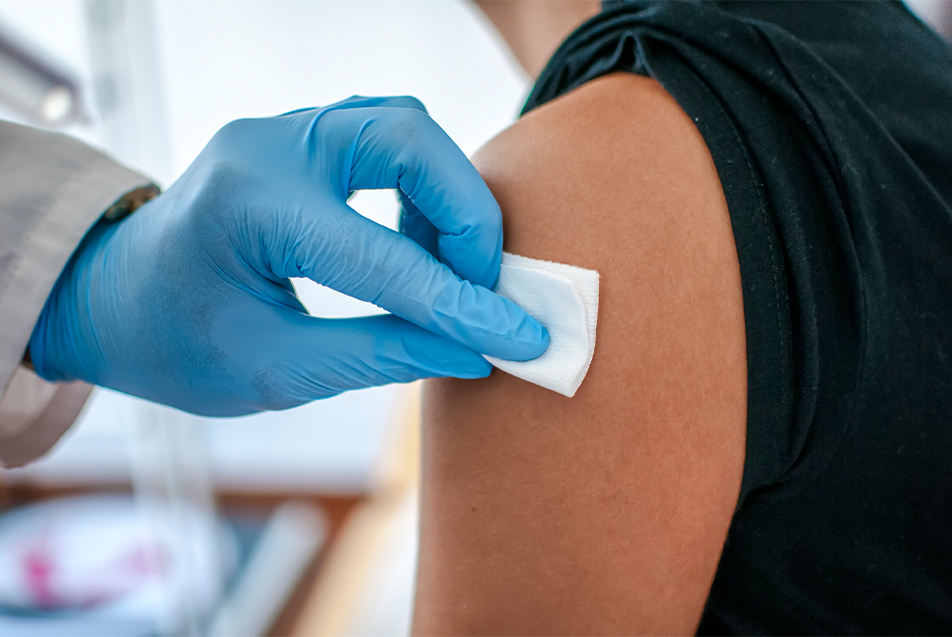
In honor of World Meningitis Day, we asked Robyn Schmucker, MD, PPG – Pediatric Infectious Diseases, to answer our questions and bring awareness to the disease while highlighting the best practices for prevention.
What is meningitis?
Meningitis is inflammation of the brain and spinal cord membranes, or lining surrounding them, and is usually due to an infection.
What are the most common causes of meningitis?
As far as an infectious etiology, it could either be viral, bacterial or fungal. Children usually present with either viral or bacterial. We typically see fungal only in people with compromised immune systems.
What are the symptoms of meningitis?
The symptoms of meningitis can vary based on the type of infection. It’s easiest if we take a look at the symptoms of each kind of meningitis.
Viral meningitis symptoms can be mild and include:
- Low-grade fever
- Headache
- Stiff neck
- Nausea
- Vomiting
- Sensitivity to light
- Sleepiness or trouble waking from sleep
- Irritability
- Lack of appetite
- Lethargy
Bacterial meningitis symptoms are more severe and can include:
- High fever
- Headache
- Stiff neck
- Nausea
- Vomiting
- Sensitivity to light
- Altered mental status or confusion
- Irritability
- Lethargy
- Poor feeding or appetite in children
- Occasionally seizures
Fungal meningitis is rare, but symptoms can include:
- Fever
- Headache
- Stiff neck
- Nausea
- Vomiting
- Sensitivity to light
- Confusion
Is meningitis contagious?
Yes, meningitis can be contagious based on the type of infection. Meningococcus, for example, is one of the most contagious forms of meningitis and can be spread by way of respiratory secretions and droplets. This means people can spread the bacteria or virus by coughing or sneezing while in close contact with others.
Who is at high risk for infection?
People at the highest risk for infection would be infants less than two months old and older adults. This would also be the case for anyone who is immunocompromised compromised or has a weakened immune system.
How is meningitis diagnosed and treated?
Meningitis can be diagnosed by way of a lumbar puncture or spinal tap. This allows us to obtain fluid from around the spinal cord. Once we have it, we can then examine the spinal fluid for any inflammation. We can run additional tests to look for the most common viruses and bacteria that cause meningitis, but spinal fluid is the best way to fully diagnose meningitis.
Regarding treatment, if it's bacterial meningitis, we would start an IV of antibiotics and hospitalize the child or patient for monitoring and observation. If it's a viral meningitis infection, there's no specific treatment unless it's herpes, in which case we would use the antiviral acyclovir. However, for most viral meningitis, there is no specific treatment other than supportive treatment.
What steps can people take to prevent a meningitis infection?
Vaccines are the most effective way to protect against and prevent bacterial infections that could lead to certain types of bacterial meningitis. The best way to combat and prevent viral meningitis would include washing your hands, avoiding close contact with people who are sick, frequently cleaning and disinfecting high-touch surfaces and staying home when you are sick.



